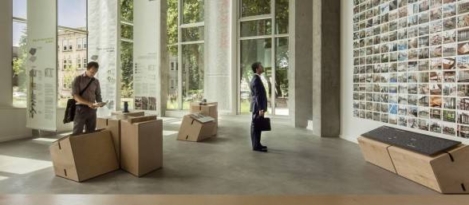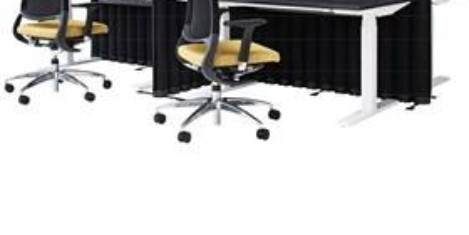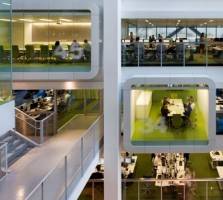May 14, 2015
Expert advice issued on managing mental health in the workplace
 Mental health can affect people’s personal lives, wellbeing and morale. But it can also impact on their performance at work and be costly for businesses. That’s the message from Acas, which, to mark Mental Health Awareness Week, has issued a guide to managing mental health in the workplace. It advocates creating an environment where people feel confident they can disclose conditions to employers; that employers be aware of any changes in behaviour that might suggest they’re having problems; and suggests that if a problem is being caused by work, look into ways of facilitating changes, such as offering flexible working opportunities. It is also suggested that wellness initiatives which encourage healthy eating, exercise and mindfulness can also help to reduce the severity of mental ill health.
Mental health can affect people’s personal lives, wellbeing and morale. But it can also impact on their performance at work and be costly for businesses. That’s the message from Acas, which, to mark Mental Health Awareness Week, has issued a guide to managing mental health in the workplace. It advocates creating an environment where people feel confident they can disclose conditions to employers; that employers be aware of any changes in behaviour that might suggest they’re having problems; and suggests that if a problem is being caused by work, look into ways of facilitating changes, such as offering flexible working opportunities. It is also suggested that wellness initiatives which encourage healthy eating, exercise and mindfulness can also help to reduce the severity of mental ill health.



























May 7, 2015
Understanding and overcoming the objections to sit stand workstations
by Marc Bird • Comment, Furniture, Wellbeing, Workplace design
(more…)